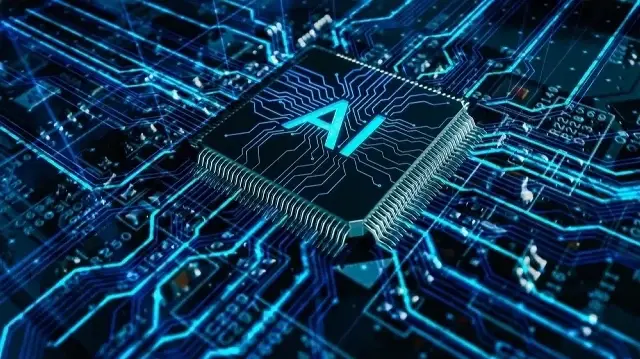Open-source AI chips to become more accessible, expert says

Leading microprocessor engineer Jim Keller asserts that AI chip development is simpler and cheaper than commonly believed, thanks to open-source technology. He challenges the notion that creating AI processors requires massive investment, highlighting his company's open-source approach at the GITEX Global event in Dubai.
The development of artificial intelligence chips is becoming more accessible and affordable through open-source technology, according to prominent microprocessor engineer Jim Keller. Speaking at the GITEX Global technology conference in Dubai, the veteran engineer who has worked at AMD, Apple, and Tesla challenged prevailing industry assumptions about the cost and complexity of AI processor development.
Dispelling the High-Cost Myth
Keller directly contested the widespread belief that developing AI processors requires enormous financial investment. "People would like you to believe you need $100 billion to develop an AI processor—you don't," he stated. He emphasized that "actually, AI processors are simpler than people think," suggesting that the technology's perceived complexity has been overstated in the industry.
The Open-Source Advantage
Through his company Tenstorrent, Keller has developed a comprehensive open-source approach that includes both AI processors and general-purpose processors, with even their AI compiler being publicly available. He explained that open-source chips not only cost significantly less to produce but also feature more accessible architectures that enable greater creativity and innovation in developing new AI solutions.
Questioning Export Restrictions and Future Outlook
The engineer expressed skepticism about the long-term effectiveness of chip export restrictions imposed by some countries. "When you restrict one area, you just force that area to develop it by themselves," he noted, suggesting that such measures ultimately accelerate technological independence in restricted regions. Looking ahead, Keller expressed optimism about AI's continued advancement, stating "we haven't got close to the limit" despite frequent claims to the contrary, and predicting "the next five years are going to be really interesting."
Advertisement







Comments you share on our site are a valuable resource for other users. Please be respectful of different opinions and other users. Avoid using rude, aggressive, derogatory, or discriminatory language.